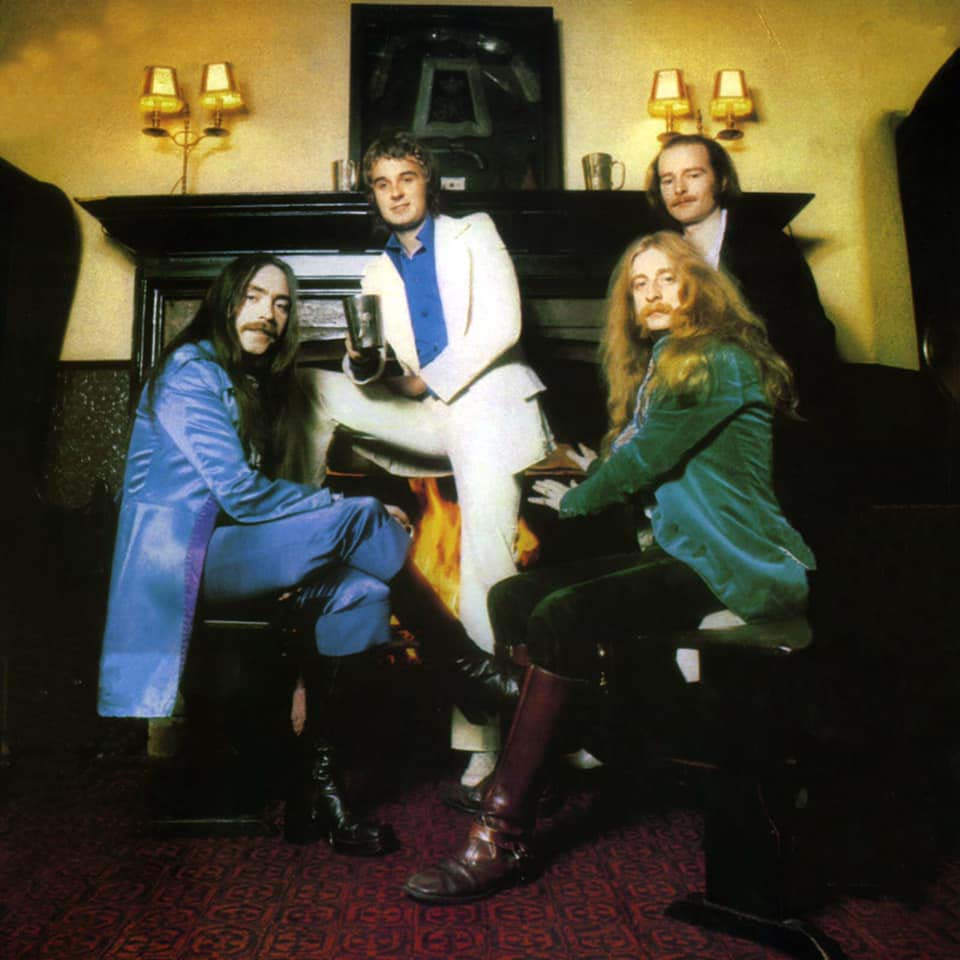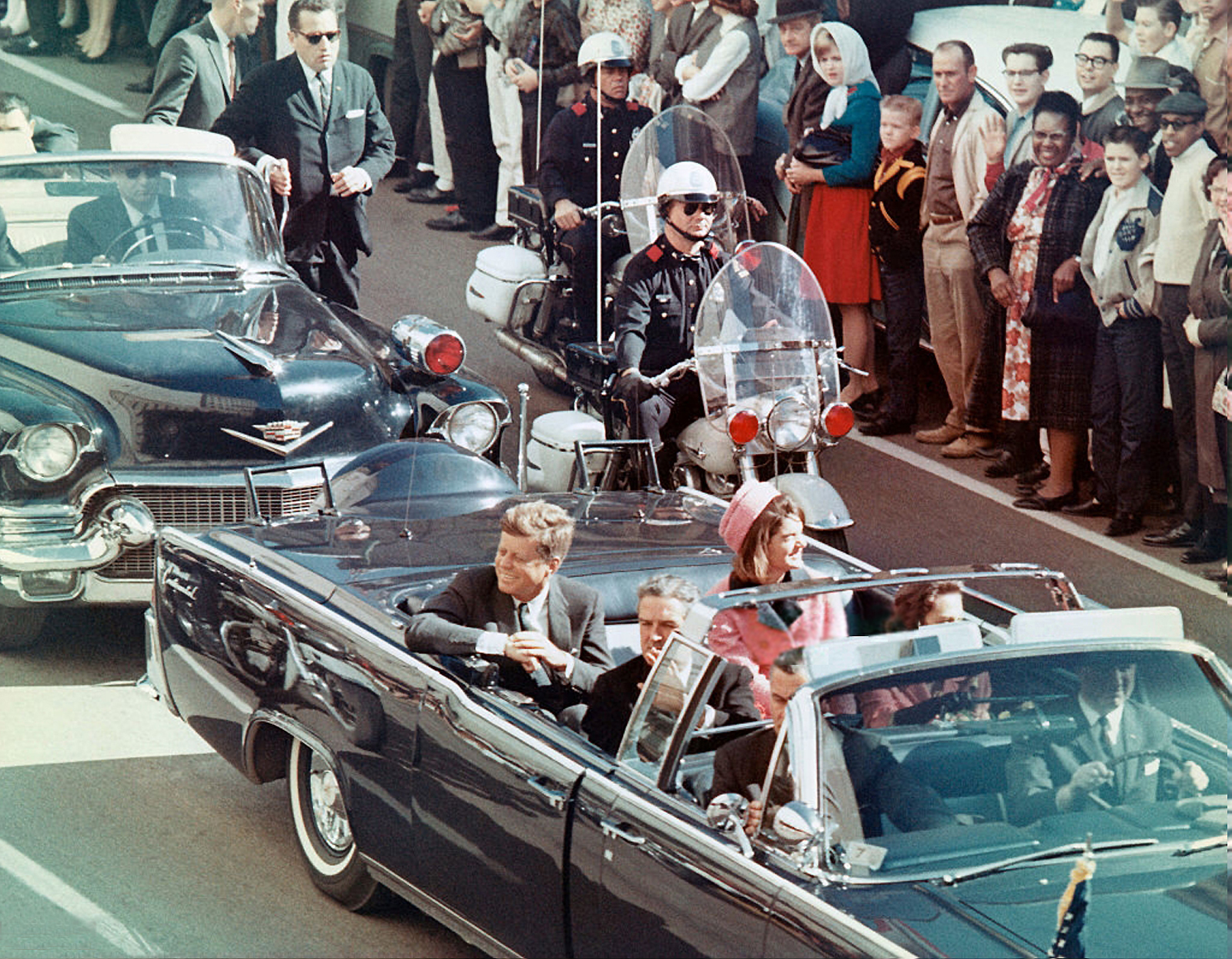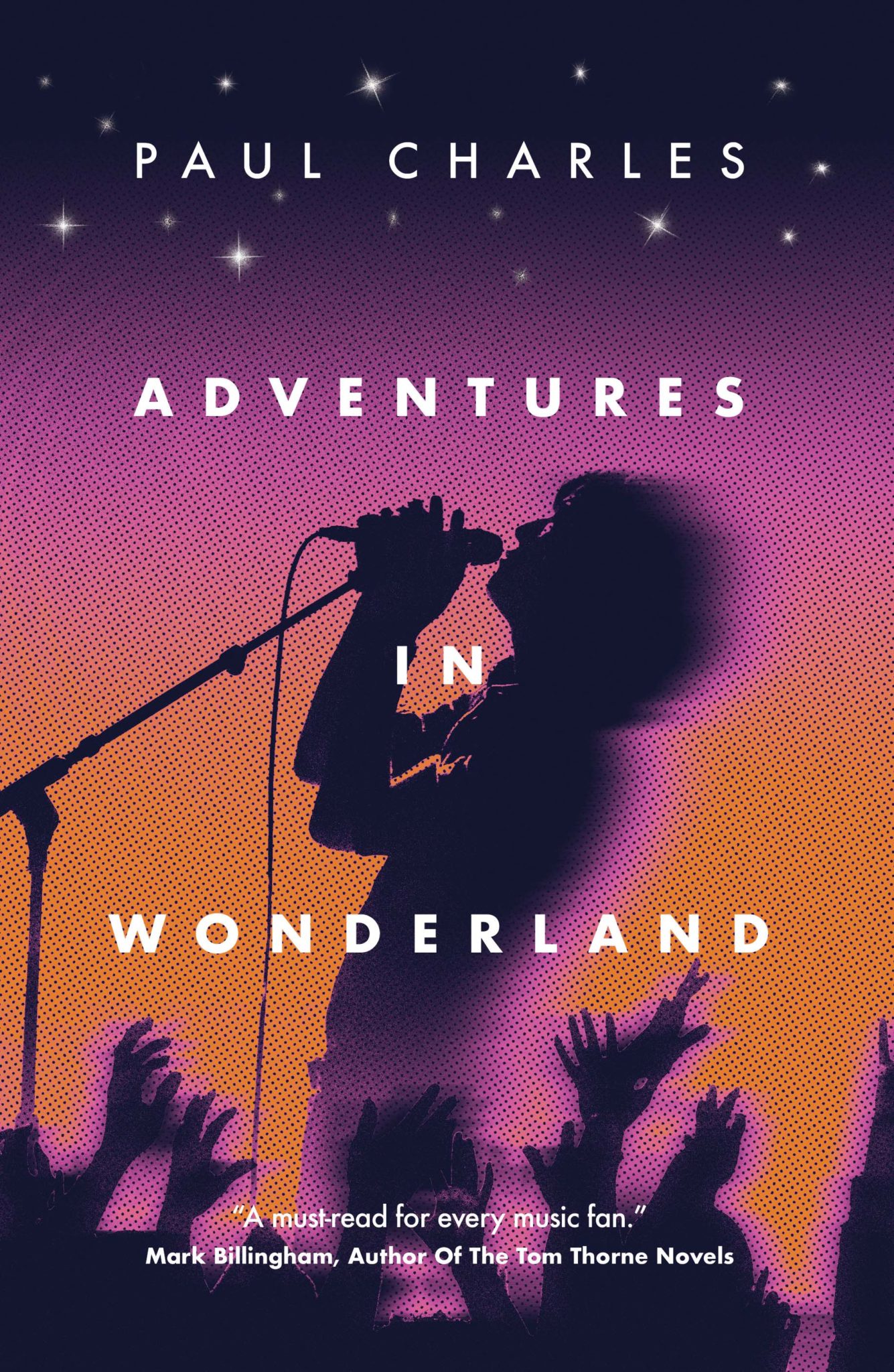- Music
- 15 Dec 23

Having published his hugely acclaimed memoir Adventures In Wonderland, music agent and celebrated author Paul Charles talks The Beatles, the Stones – and his ongoing fascination with the JFK assassination.
A rip-roaring account of Paul Charles experiences in the music industry, covering his years in the band Fruupp, as well as a subsequent hugely successful career as a promoter and agent, Adventures In Wonderland is essential reading for all music fans. This has been reflected in Charles’ appearances to promote the bookits publication. At a series of packed readings and public interviews, the author has regaled audiences with stories about the likes of The Kinks, Van Morrison, Rory Gallagher and Tom Waits.
The Northern Irish writer credits The Beatles with sparking his lifelong love of music, with Charles encountering different members of the Fab Four over the years. Looking at a recent documentary, I was again struck by how adept Paul McCartney is at being a public figure, handling the different pressures of the role with remarkable ease.
“Most definitely,” nods Charles. “I was probably quite surprised in a way, that he takes the time and has the patience. When I met him, he also did this other thing he’s been doing since The Beatles. Which is that, when he’s in a room or a reception or whatever, and he clocks somebody who recognises him, he immediately winks and gives them a thumbs up. It’s like, ‘Okay, this is our secret, let’s keep it a secret’.
“It was an Elvis Costello show, and he’d just doing some writing with Elvis. I was introduced to Paul formally and we were having a bit of a chat. He asked what I did and I told him I was an agent. He said, ‘Now, that is really good thing to be’. He said it like he meant it and he probably did. Because you don’t have to get up onstage or go to gigs!
“He was also very friendly with everybody around. It wasn’t his show, but because it was McCartney, it was that, ‘nudge-wink, look who’s over there’ kind of thing. People were going up to him and he was dealing with all of them in a really nice way. Even in the Beatle days, Macca never had a problem with any of that, he was always the approachable one.”
Advertisement

Fruupp
ARMY ON THE MOVE
Charles has also been present at several landmark moments in music history, including The Rolling Stones’ 1968 TV special, the Rock And Roll Circus, where other attendees and performers included John Lennon, The Who, Taj Mahal and Marianne Faithfull.
“I went along as a fan,” says Paul. “In those days, there’d always be little snippets in the NME, saying there’s such a thing happening here, there or wherever. They might be looking for an audience for an event, and you’d ring up and register your name. So I went to the Rock And Roll Circus in Twickenham. To be fair to people, you went inside in groups, and as you walked in, you got these orange, red and green gowns. They also gave you a witch’s pointed hat in various colours.
“Then you went inside and saw a bit of the show. I saw Marianne Faithfull with Mick, doing ‘Come And Stay With Me’. Then after a half-hour, you were turfed out and the next crowd came in. That was the last night the Stones played with Brian Jones.”
Indeed, Paul was also present at another iconic Stones gig the following year in Hyde Park, when they played their first gig following Jones’ untimely death. At that stage, live production wasn’t nearly as advanced as it was now, so I wonder what it was like as a visual spectacle.
Advertisement
“There were a couple of lorry trailers roped together,” remembers Paul. “As you said, they didn’t really have the wherewithal to do hi-tech. But equally, the thing I remember is not noticing how good or bad the sound was. In those days, the sound was the sound – you just accepted it. Supposedly, over half-a-million people were there. Again, there was always a buzz when you were going to those gigs.
“When you were going up Oxford Street to the Marble Arch end, there were thousands of people on both sides of the road, like a whole army on the move. You weren’t going, ‘Oh god, I need to be there at 1.30 cos someone’s going onstage at 2.’ You just wandered there and it unfolded.”
MOTORCADE ROUTE
A man of many talents, Charles is also a crime novelist, and has an enduring fascination with the JFK assassination. Indeed, to mark the 60th anniversary of JFK’s death, Charles has teased out his thoughts on the subject in a riveting, three-part online piece for Hot Press. I bring up Oliver Stone’s JFK and mention that, when I spoke to Kiefer Sutherland last year, I suggested his father Donald’s appearance in the film might be the greatest 10-minute cameo in movie history.
A very important aspect of the scene is that, in outlining the conspiracy, Sutherland’s character says there may be only two people who know the truth. Everyone else could simply be playing a role without even recognising it.
“Also, at the time, it seems to me that J. Edgar Hoover, the CIA and the FBI didn’t really have an interest in finding out what happened,” says Charles. “Because it is the President. They’re all spending millions of dollars on security and they can’t get to the bottom of it. I don’t buy that. Also, the Warren Commission was an absolute farce. Gerald Ford even confessed to Charles de Gaulle that, ‘We knew something else happened, we just didn’t know what it was’.
“I don’t believe Ford was a bad person, but people like him might have been working under the illusion that, ‘You know what? As we don’t know what happens, let’s just make Oswald the bad guy and that will appease everybody’. But Kennedy’s charisma was so strong that people weren’t prepared to let it go at that.”
Advertisement

President and Mrs. John F. Kennedy on 22 Nov 1963, Dallas, Texas. Credit: Bettmann/CORBIS
Charles’ theory is that a shadowy ‘Star Chamber’ of influential players was behind the killing. He speculates about the role of Lyndon Johnson, whose remarkable story is exhaustively chronicled in Robert Caro’s multi-volume account of his life (the final installment still to come), widely acclaimed as one of the greatest biographies ever written.
“It’s that thing where, when you’re looking into a mystery, you get all the information you can get,” says Paul. “Johnson had been saying to people all his life, ‘I’m going to be President’, and people were laughing at him. That even continued when he became Vice President, but he said, ‘No, I’m just one person away from the main job’.
“That morning, Time magazine were doing an investigation on him that would have ruined his career. Also, for somebody who was so desperate to become President, when he had a chance to go for his second term, he didn’t. There must have been some reason behind that. The other thing is that he chose the motorcade route in Dallas. He was a big man in Texas and Kennedy wanted to try one more time to get the south on his side.
“He thought Lyndon was the way to do it. There’d already been a lot of death-threats and Johnson persuaded the organisers to change the route the car would take. I’ve seen the documentary: he’s two cars behind Kennedy, and you can see him sinking way down low in his seat. It could have been fatigue. But equally, it could have been because he knew what was coming.”
• Adventures In Wonderland is available now from hotpress.com/shop. You can also read Paul Charles’ special JFK feature now: Part 1, Part 2 & Part 3.






